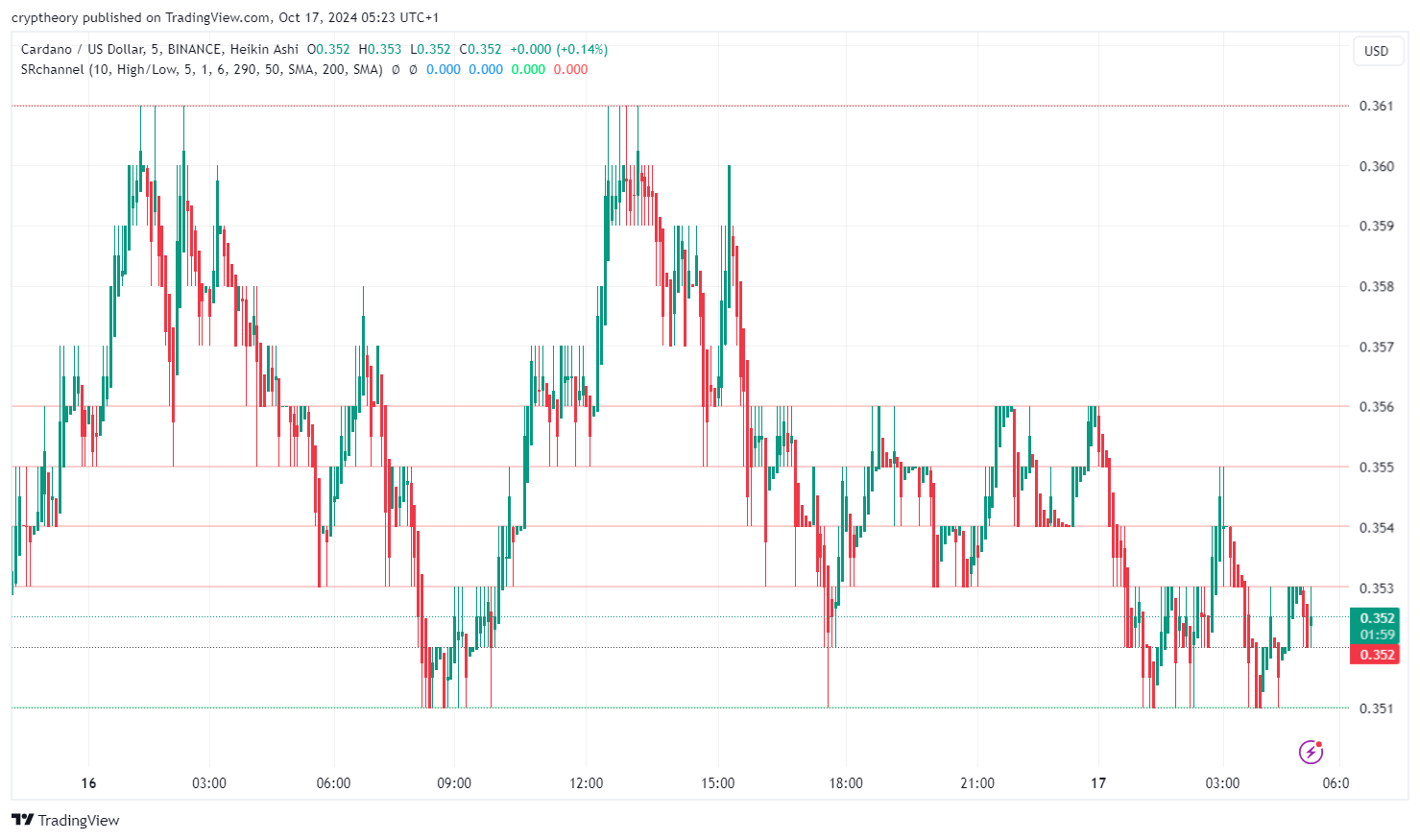ETH’s London hard fork, a long-awaited network upgrade that included a measure to reduce the supply growth of ETH, went live just last Thursday.
What a difference a week makes.
Since the hard fork, over $100 million in ETH has been burned, or taken out of circulation, helping fuel a price increase from $2,725 to $3,230, according to data from Coinstats
The London upgrade featured five code changes, but the most discussed was EIP-1559. The “ETH Improvement Proposal” altered the transaction fee structure for the network. Instead of fees going directly to the miners that process and validate transactions, a base fee would instead go to the network and promptly be destroyed.
While EIP-1559 was also a way of improving user experience by automating transaction prices and taking the guesswork out of an opaque auction process, it has mostly had the effect of stoking demand by reducing supply.
Whereas BTC was created with a 21 million BTC supply limit, ETH has no such ceiling. EIP-1559, then, inserts deflationary pressure. With each new block of transactions added to the chain, new ETH is created and goes to a miner as a reward, but some ETH is removed via fees.
According to the website ultrasound.money, around 31,000 ETH has already been destroyed. At current rates, that’s a little over $100 million—though it’s obviously unknown how much ETH would be worth if those assets hadn’t been burned.
Over 10% of the burned fees have come via transactions on NFT marketplace OpenSea, where people can sell or bid on digital collectibles and art. Decentralized exchange Uniswap and blockchain-based game Axie Infinity rank second and third in terms of burn rate.
Those who like to feel the burn will likely look forward to ETH’s pending move from a proof-of-work consensus algorithm to a minerless, proof-of-stake network. Due to ETH 2.0‘s structure, the total supply of ETH may even decrease as more fees are burned than will be created.
You can almost hear the ETH bulls chanting, “Burn, baby, burn.”























